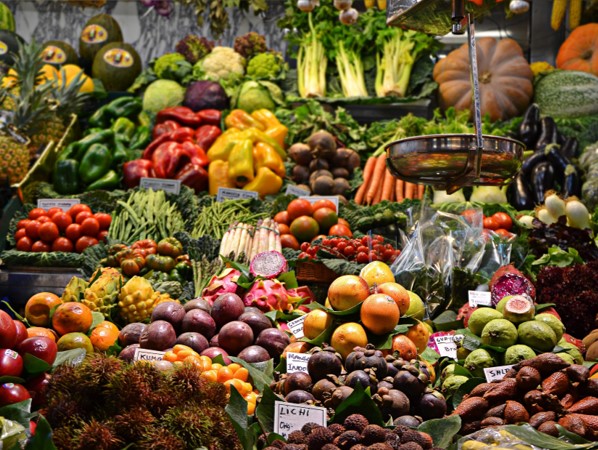As we have already mentioned in the previous post – the topic of sustainability is becoming more and more popular. We have already discussed some of the strategies you can follow to make your travels more sustainable, and in some cases even more enjoyable! Here we will continue listing and explaining the ideas that will make your trip “greener” and more environmentally friendly.
Eat vegetarian or vegan. Opt for local products.

If you are reading this blog – you are probably concerned about the environment. And if you are concerned about the environment – you probably already know that these 2 rules – eating less meat and opting for local produce – work for your everyday life. Unsurprisingly, they also make perfect sense when you are on a trip. The advantages for eating less meat work everywhere on the planet. And eating locally obviously reduces the CO2 emissions to the atmosphere, because the products do not have to be delivered from far. Moreover, if you choose local produce, more of the money you spend will go to the local population, providing these products. Furthermore, eating locally opens a whole new experience of new tastes, and helps you to immerse in the local culture. Nobody in their right mind would come to South East Asia and spend their dinners at a Mac Donald’s!
Participate in the “sharing economy”. Do not buy new things, but share with each other.
Buying new things may actually be good for the local economy, but it definitely puts more strain on the planet. The Earth’s resources are not endless. Therefore, try to reuse or borrow things. Of course, this tip is also valid for the times you are not traveling. Borrowing stuff can really go quite far these days – for example, instead of buying your own car, consider borrowing one for the times you really need it. There are even car-sharing services that work much in the same way as Airbnb does! These are usually cheaper than the conservative car-rental agencies, and just as reliable! You can also consider borrowing a suitcase or a backpack instead of buying a new one. Of course, that depends on how often you travel on on many other personal factors. But it’s always nice to keep a sustainable option of borrowing instead of buying, in your head.
Stay longer at your destination point if you have to fly far.
So, if your boss asks you whether you really need to spend that much time on a certain tropical island, just say you are trying to be more sustainable! As we all know, flying cause a lot of pollution, mainly in the form of CO2 emissions into the atmosphere. But if you stay at your destination point longer, the amount of CO2 emitted per day is decreasing. Basically, your flight somehow becomes more efficient. As a responsible traveler, you will obviously also consider the possibility of CO2 compensation. But even if you do invest into it – planting new trees or achieving any other related goal might take a very long time. So better make your trip count then!